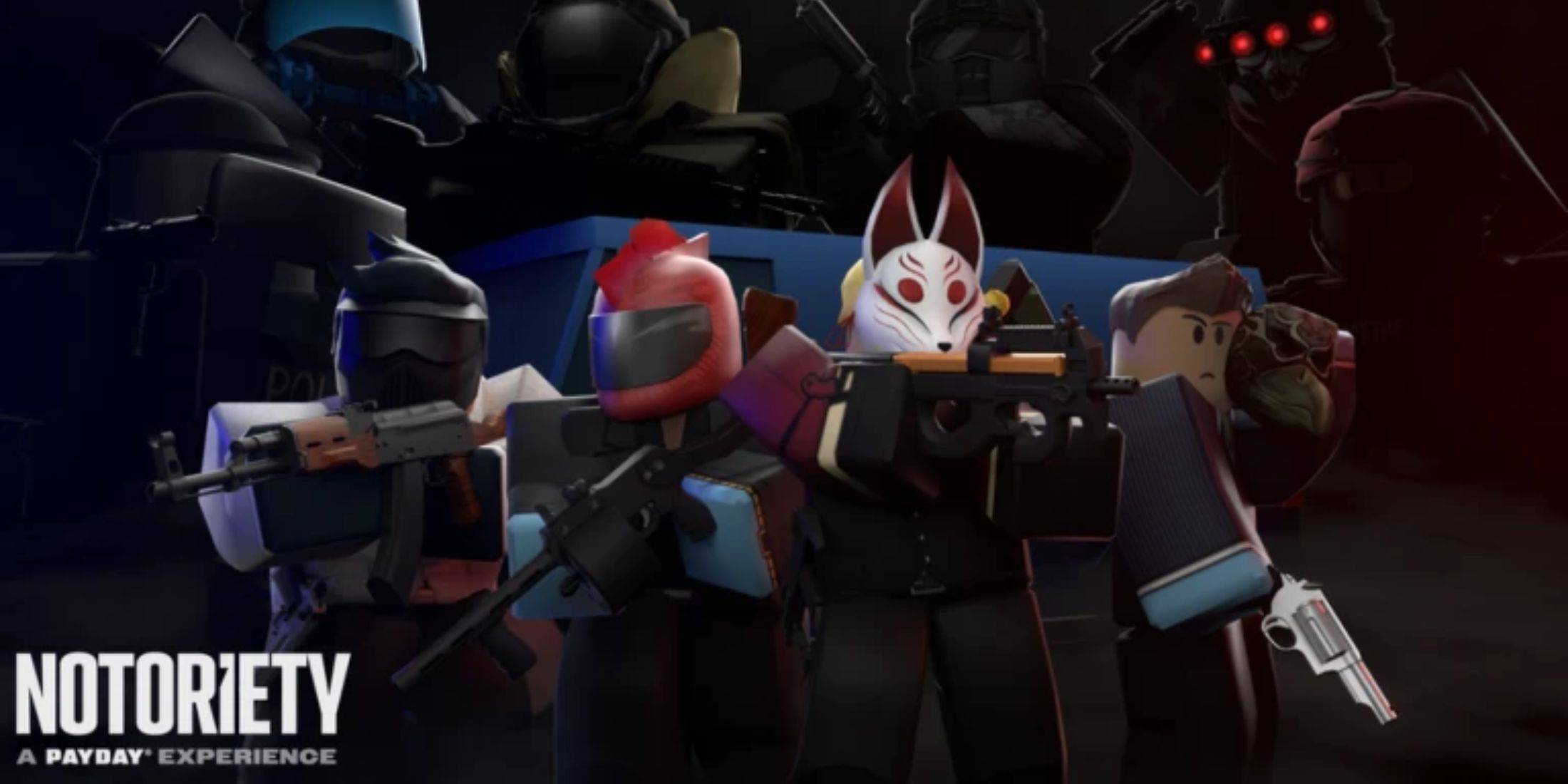Activision Explores AI for New Major Game Development
Activision recently grabbed the attention of the gaming community by unveiling advertisements for new projects within its renowned franchises, including Guitar Hero, Crash Bandicoot, and Call of Duty. However, the buzz wasn't about the announcements themselves, but rather the revelation that the promotional materials were crafted using neural networks.
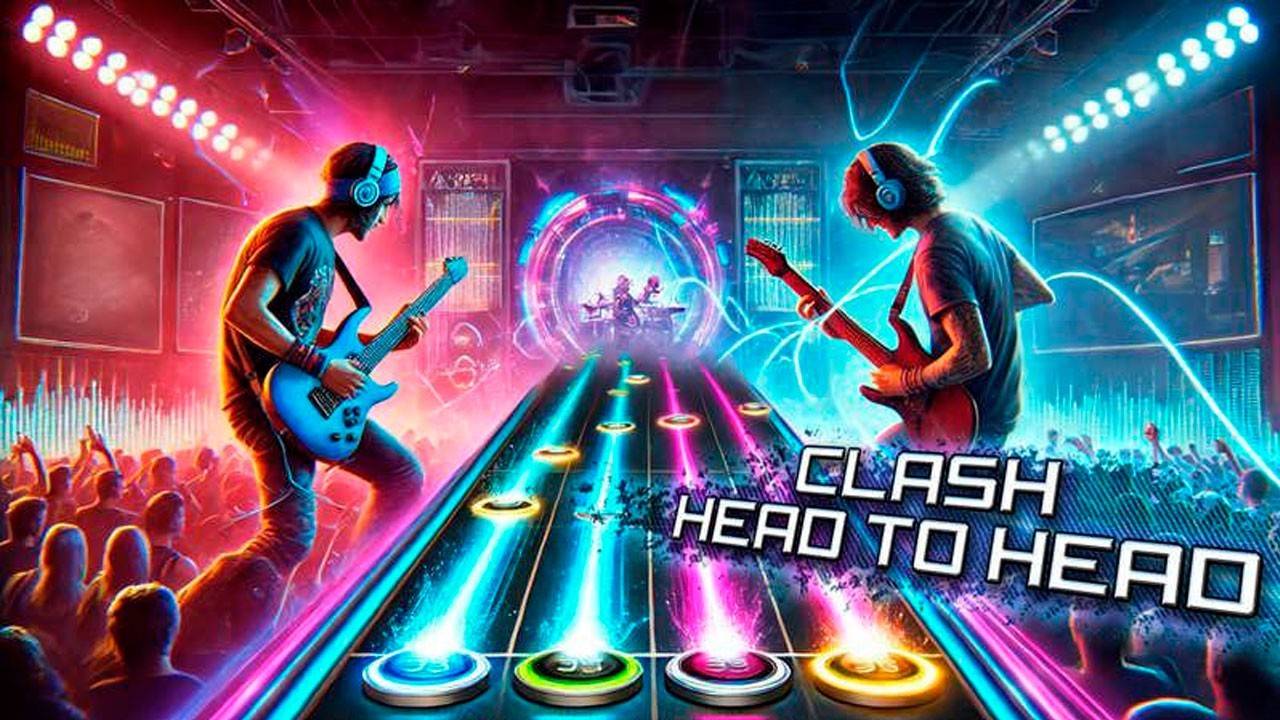 Image: apple.com
Image: apple.com
The first advertisement surfaced on one of Activision's social media platforms, promoting Guitar Hero Mobile and directing users to a pre-order page on the App Store. The unusual and somewhat unnatural visuals in the ad quickly caught users' eyes, triggering widespread discussions. Subsequent reports highlighted that other mobile games from Activision, including Crash Bandicoot Brawl and Call of Duty Mobile, also showcased AI-generated art in their marketing. Initially, many suspected a security breach, but it was later revealed to be an unconventional marketing strategy.
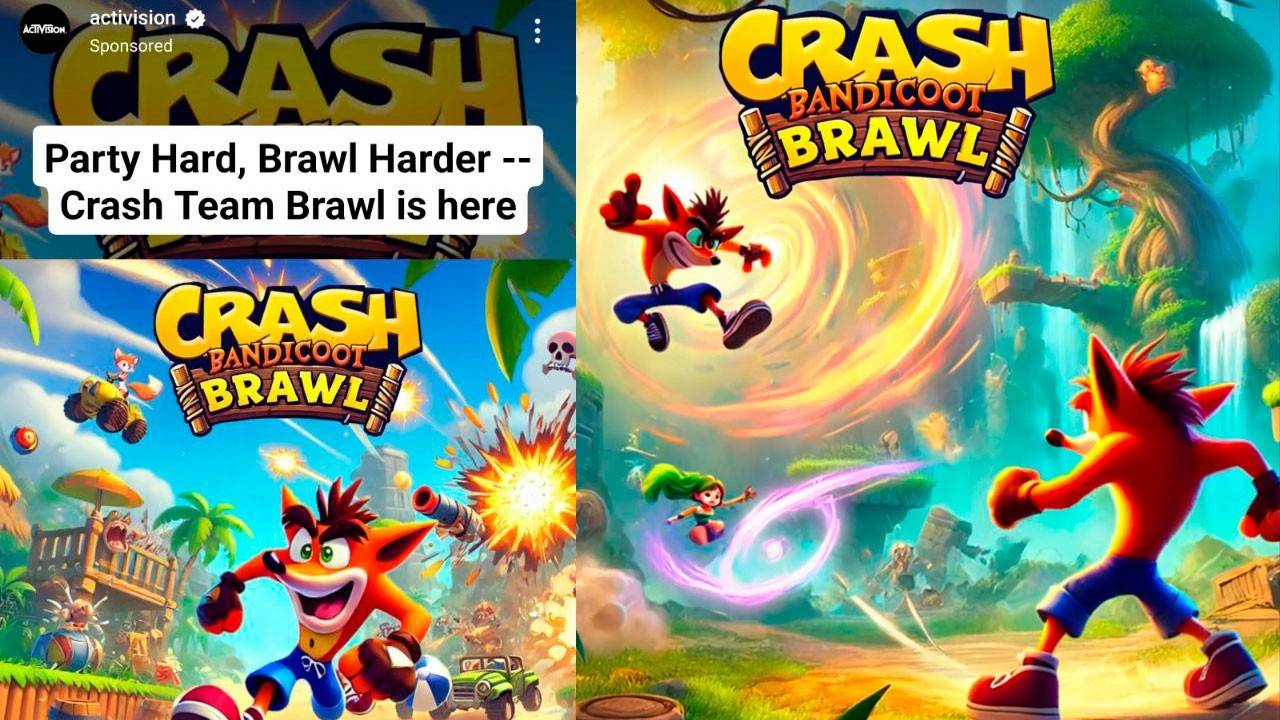 Image: apple.com
Image: apple.com
The reaction from the gaming community was predominantly negative. Players voiced strong disapproval of Activision's decision to use generative AI over collaborating with professional artists and designers. Concerns were raised that this trend might lead to games becoming "AI garbage." Some even compared Activision's approach to that of Electronic Arts, a company known for its controversial decisions within the gaming industry.
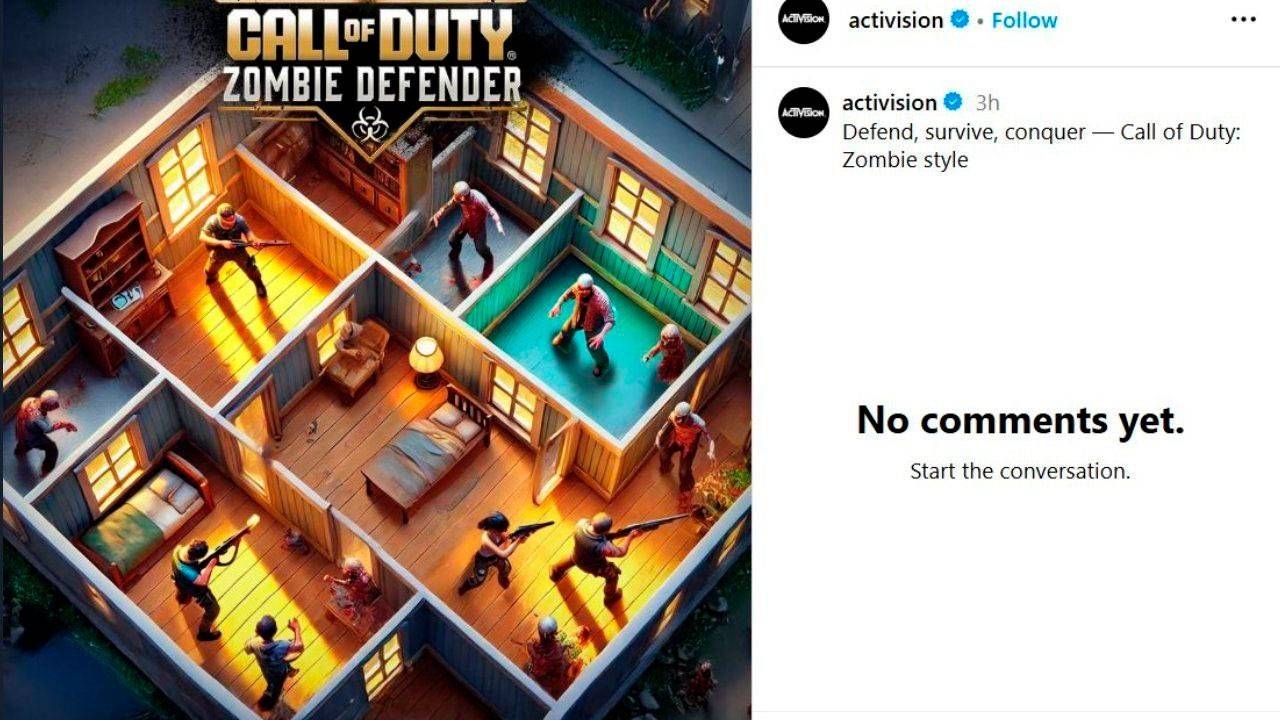 image: apple.com
image: apple.com
The utilization of AI in game development and marketing has become a hot-button issue for Activision. The company has acknowledged the active use of neural networks in creating content for Call of Duty: Black Ops 6.
In response to the backlash, some of the promotional posts were removed. It remains uncertain whether Activision genuinely intends to release these games or if they are merely gauging public reaction with these provocative materials.
-
Unleash the new Adventure Effects: Behemoth Blade and Behemoth BashUnlock their Crowned forms by collecting 1,000 Energy unitsEach activation costs 5,000 Stardust and 5 CandyThe much-anticipated Crowned forms of Zacian and Zamazenta are finally arrivAuthor : Riley Jan 01,2026
-
The Wishlist feature allows you to select the cards you want to receiveTrade Tokens have been removedGet ready for a Shinedust celebrationThe trading feature in Pokemon Trading Card Game Pocket has been available for some time now, and it's been quitAuthor : Allison Jan 01,2026
- Black Ops 6 Zombies: How To Configure The Summoning Circle Rings on Citadelle Des Morts
- Harvest Moon: Lost Valley DLC and Preorder Details Revealed
- Roblox: Latest DOORS Codes Released!
- Silent Hill 2 Remake Coming to Xbox and Switch in 2025
- Roblox: Blox Fruits Codes (January 2025)
- Roblox: Freeze for UGC Codes (January 2025)




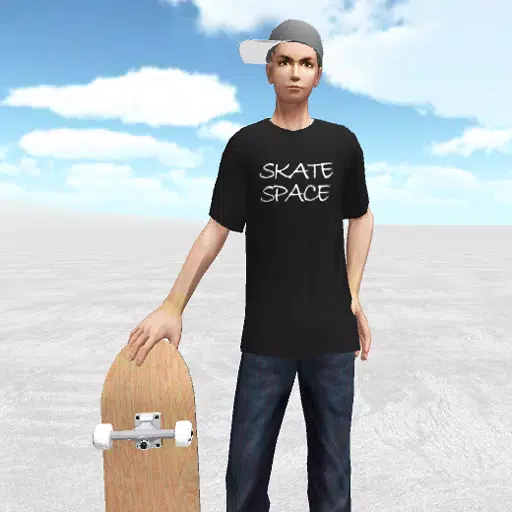





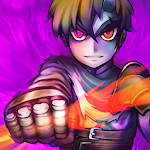
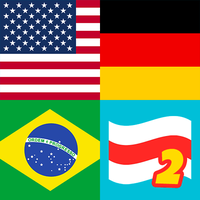

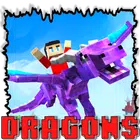
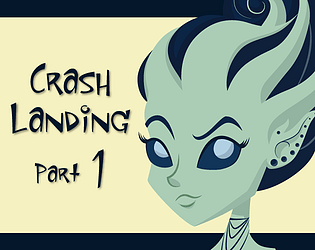



![Taffy Tales [v1.07.3a]](https://imgs.ehr99.com/uploads/32/1719554710667e529623764.jpg)




